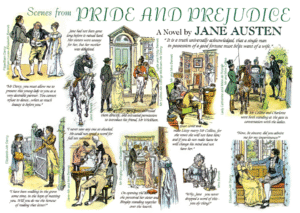
I watched another excellent webinar recently. The content was helpful as both a planning tool and as an editing tool.
Scene structure mimics story structure, but on a smaller scale. Here’s what every scene should have:
- The status quo.
- An inciting incident/catalyst.
- Conflict/turbulence (it can be subtle or internal, but differing wants should pull at each other).
- A crisis point.
- Resolution (a question could be answered but a new one raised).
To maintain focus, another way to think about story/scene structure is: question – conflict – climax. And every scene will ideally link back to your elevator pitch/big picture question.
A key question to ask yourself:
Is the character now more/less likely to achieve their goal? Every scene should change the way the reader analyses this question, a flip-flopping of uncertainty. The aim is to create a sense of instability and rising jeopardy. Even subplots should link back to the protagonist’s ability to achieve their goal – whether through stabilising or destabilising. Example: Elizabeth Bennett needs to marry well (the ‘goal’ of the novel). Each scene brings her closer to, or further away from, her eventual marriage to Mr. Darcy (the achievement of the goal). The Jane-Mr. Bingley subplot sometimes helps (stabilises) and sometimes hinders (destabilises) this goal – their closeness throws Lizzy and Darcy together more frequently, but their parting separates them and creates a rift between them when Lizzy learns that the separation was Darcy’s doing.
Other considerations:
Have you shown where and when the scene takes place (varying location can keep a narrative from feeling ‘samey’)?
Have you created a specific mood/atmosphere in this scene? It could mirror the feeling of the conflict or subvert it, e.g. a tense conversation could take place in a noisy, too-warm café, with jarring crashes of plates and the rattling of teaspoons, timers going off and a baby crying OR it could be contrasted by taking place in a calm location, such as a spa, or by a serene lake on a summer’s day, which can serve to amplify the tension by comparison.
Experience
I might experiment by going through each scene of my novel and testing if they meet these requirements. If any don’t, I’ll seriously consider the purpose of the scene and if I should ‘kill the darling’ (i.e. press the delete button). I’m also brought to mind of the research I’ve mentioned in a previous post – that regular reversals of fortune tend to pepper the narrative of bestsellers. This links to the idea of each scene bringing the main character either closer to or further from their ultimate goal.
Final Thoughts
How do you ensure that each scene is purposeful, moving the protagonist closer to, or further from, the achievement of their goal? Does your novel include regular reversals of fortune?
On The Honest Authors’ podcast, Gillian McAllister once mentioned that she was asked, “Do you really think that?” about something controversial she’d written in one of her novels….
Bear With Me! Okay, this is probably a weird analogy but this is how my (bird-brained!) mind works. So, in terms of the title question, I’ve thought long…


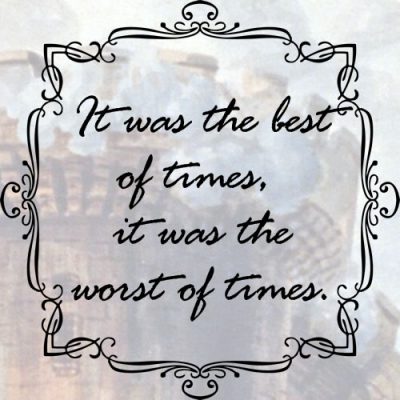

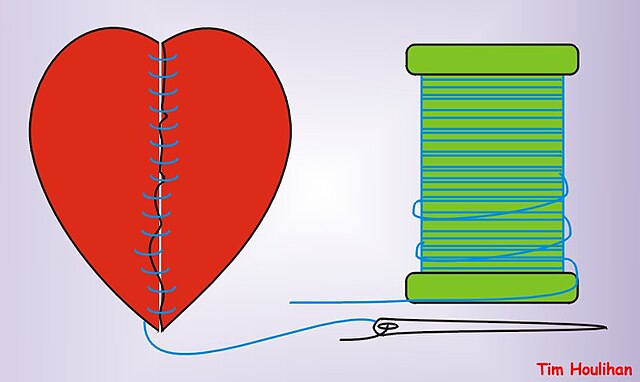
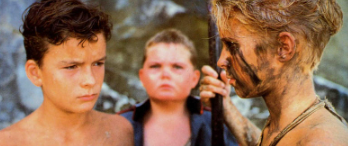
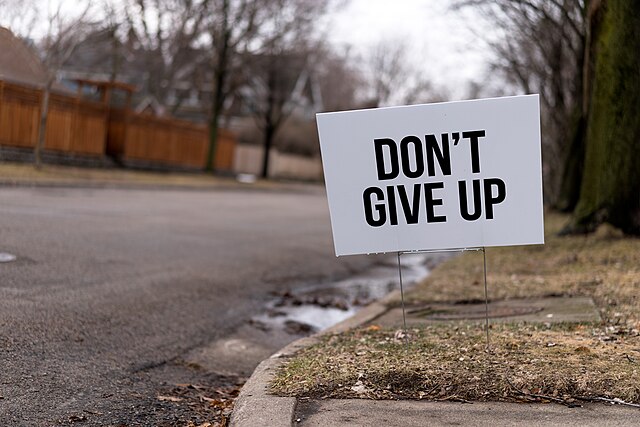
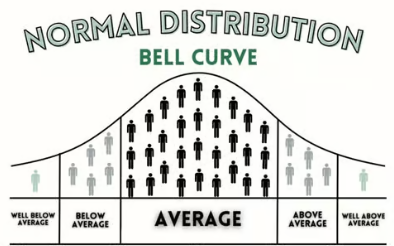
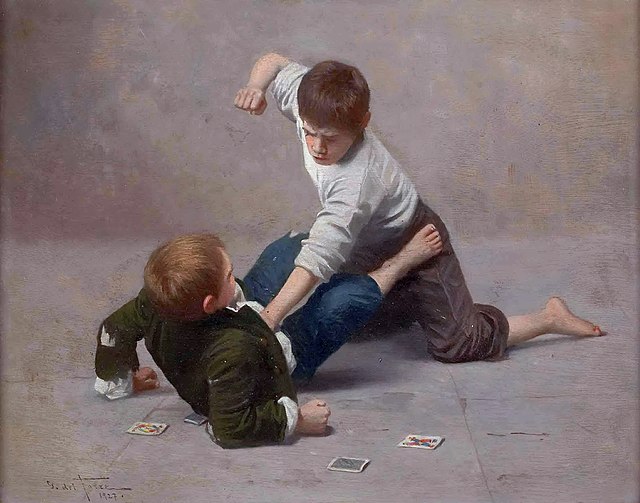







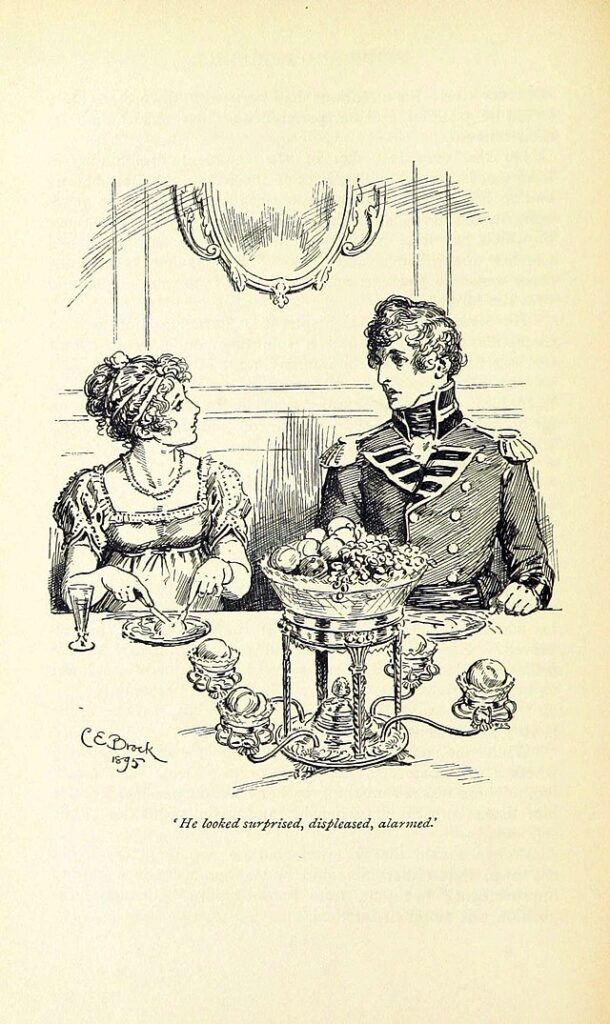



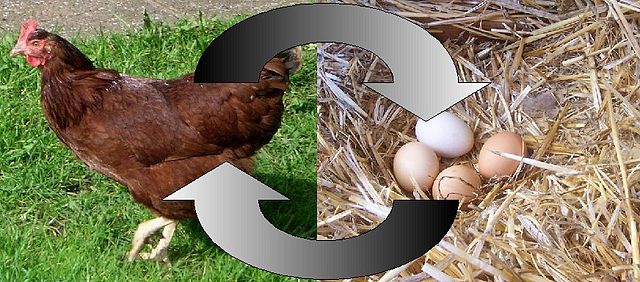
This is brilliant advice. I’m going to try it out on the short story I’m working on.